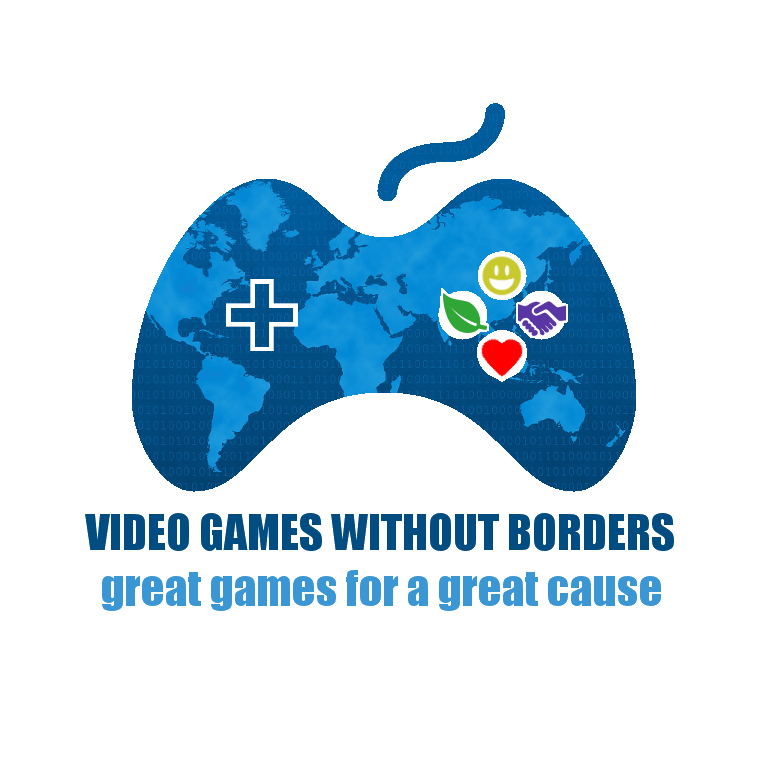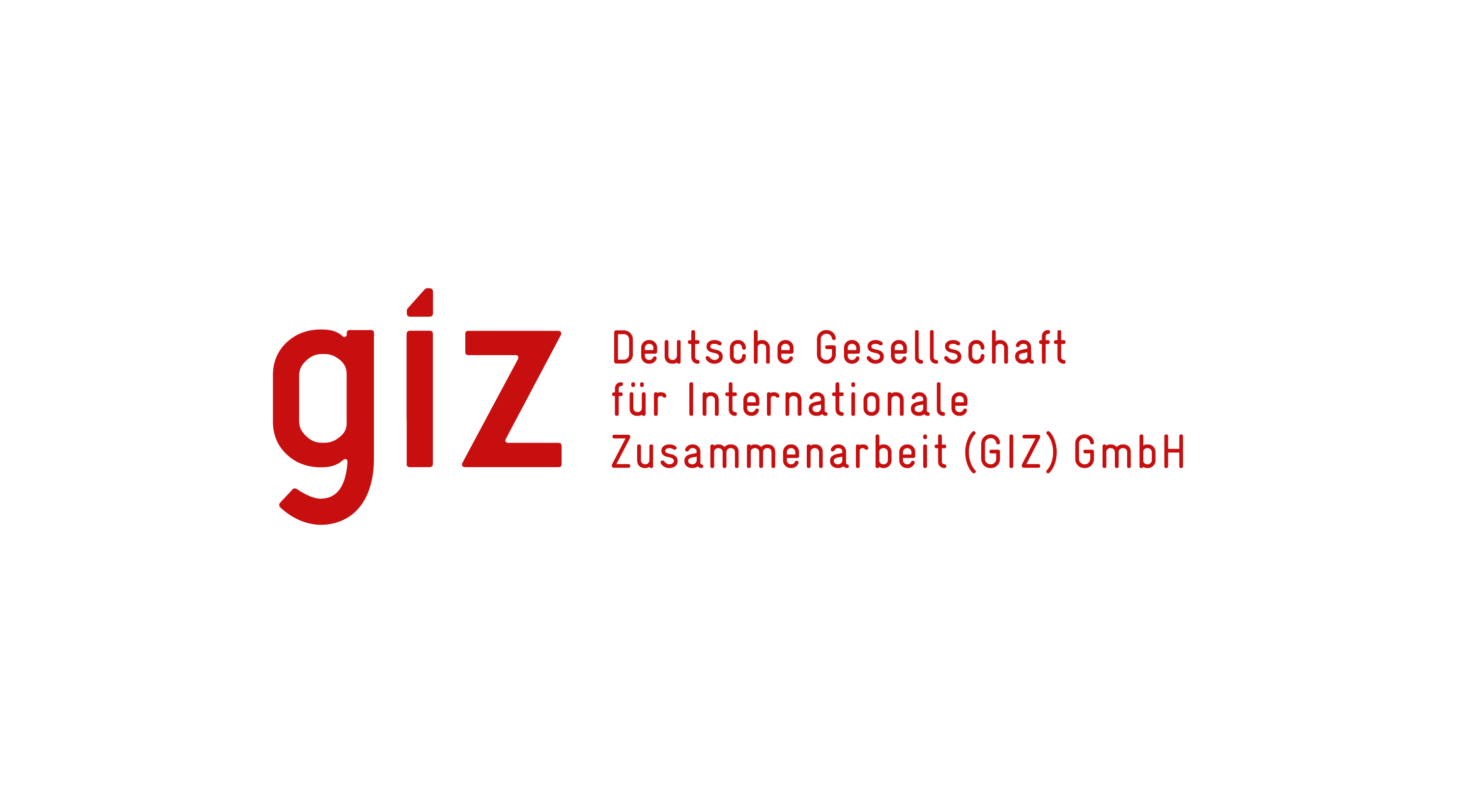the gec is UNESCO COLLAB designing education as the way out of covid global teacher campus offers free courses on learning to teach online with coursera university new south wales 18 hours to complete over 140000 registered 21/21/21 the digital teacher with Mahatma Gandhi Institute MGIEP online & distance learning for teachers in africa central flagships: Connectivity, Teachers and Gender Equality. The Coalition uses a mission approach to achieve large-scale targets and as a way to operationalize actions: Global Skills Academy, Global Teacher Campus, and Global Learning House. you can search members collaborative contributions in 6 ways by over 20 actions includng healt, emotional support, food & nutrition priority regions by 7 types of organisation by country for example search afghanistan and you will get 3 collab  BEP is committed to work with the government and other partners, following its inclusive approach, to create an enabling environment for students to come back to the classrooms. BRACDhaka, BangladeshNon-profit organizationEstablished : 1972Education and COVID-19 Responsehttp://blog.brac.net/how-bangladesh-is-continuing-education-in-a-pandemic/ ObjectivesSupport the equitable continuation of learning During the COVID-19 pandemic Strengthen learning systems For the future FlagshipTeachers Supporting and empowering educators Through remote training, BEP is developing skills of its teachers to deliver distance education in small groups (3-4 students) with basic phone under COVID-19. This in turn would be paving the way for bringing diversity in teaching that means teaching is no more limited to face-to-face modality. Regional FocusAsia and the PacificCountries of InterestBangladesh, Afghanistan, Philippines, Liberia, NepalMember VideoCommitmentBEP is committed to provide an inclusive approach in continuation of learning during COVID-19 by developing appropriate learning opportunities and contributing to national initiatives while schools are closed to reduce learning loss and potential dropout during new normal. Action areasLearner WellbeingLearning opportunities Digital Learning ContentDigitize curriculum Establish and expand repositories of learning resources Capacity DevelopmentCapacity development to manage the reopening and return to education Capacity development to support and provide training to teaching staff Advocacy and CommunicationBack-to-school campaigns Generate disaggregated data on connectivity for learning Advocacy and CommunicationSecondment of staff |
Japanthanks.com August 8, Olympics Closing Ceremony - Why Bach Can't lose by announcing suspension of summer olympics until covid slayed
Tuesday, September 21, 2021
who's who at unesco global education coalition
Subscribe to:
Post Comments (Atom)


No comments:
Post a Comment